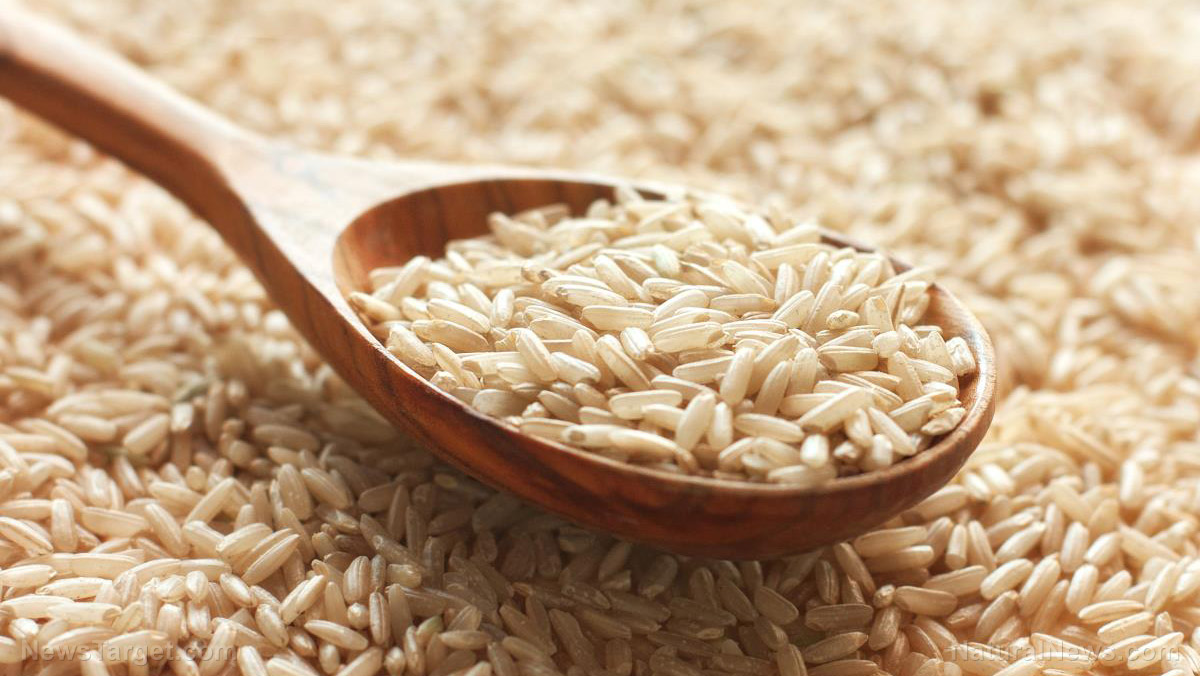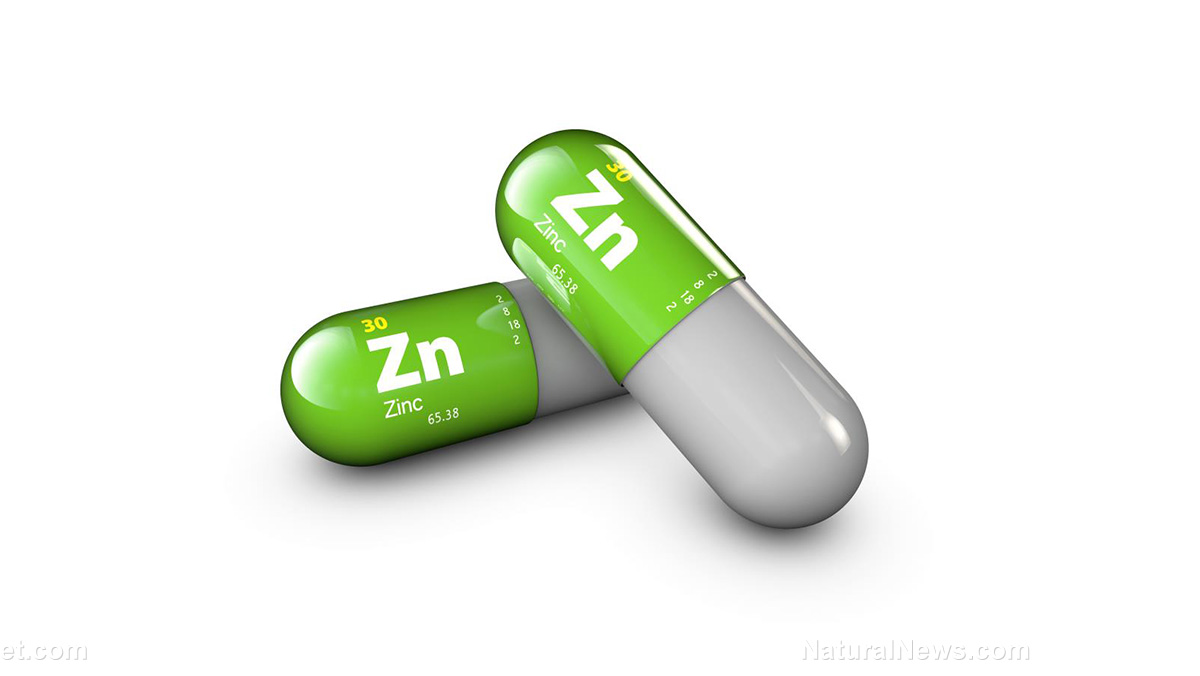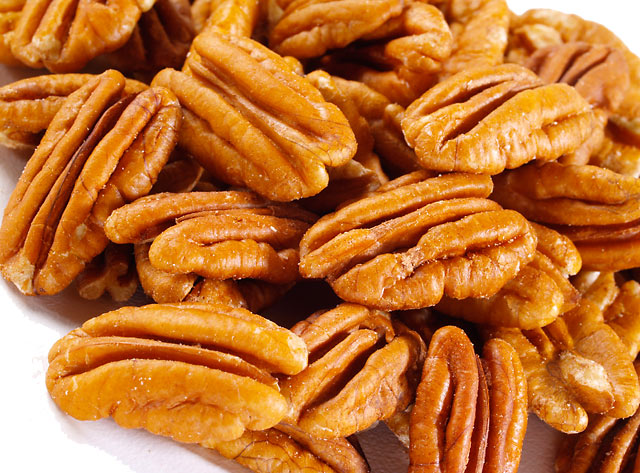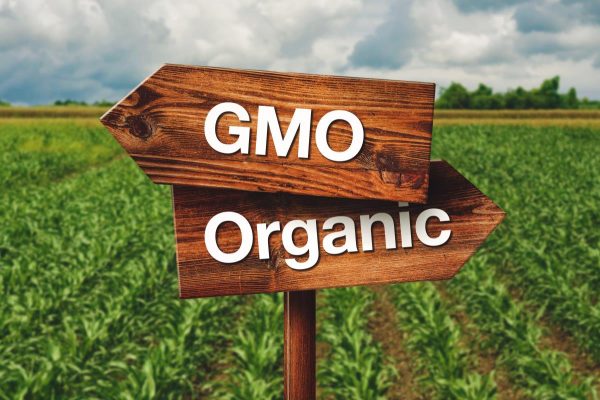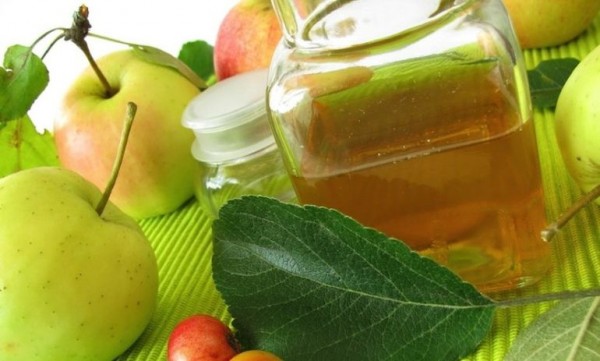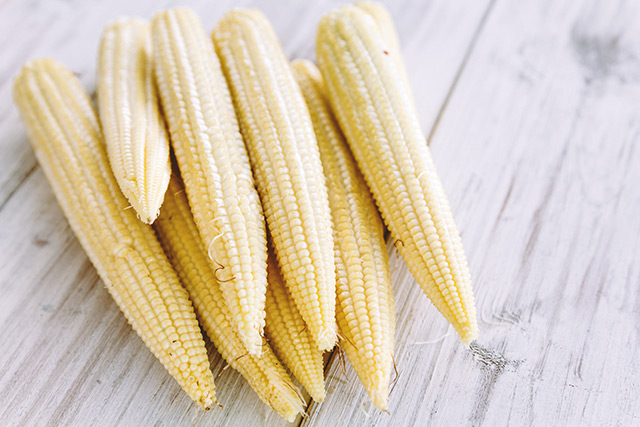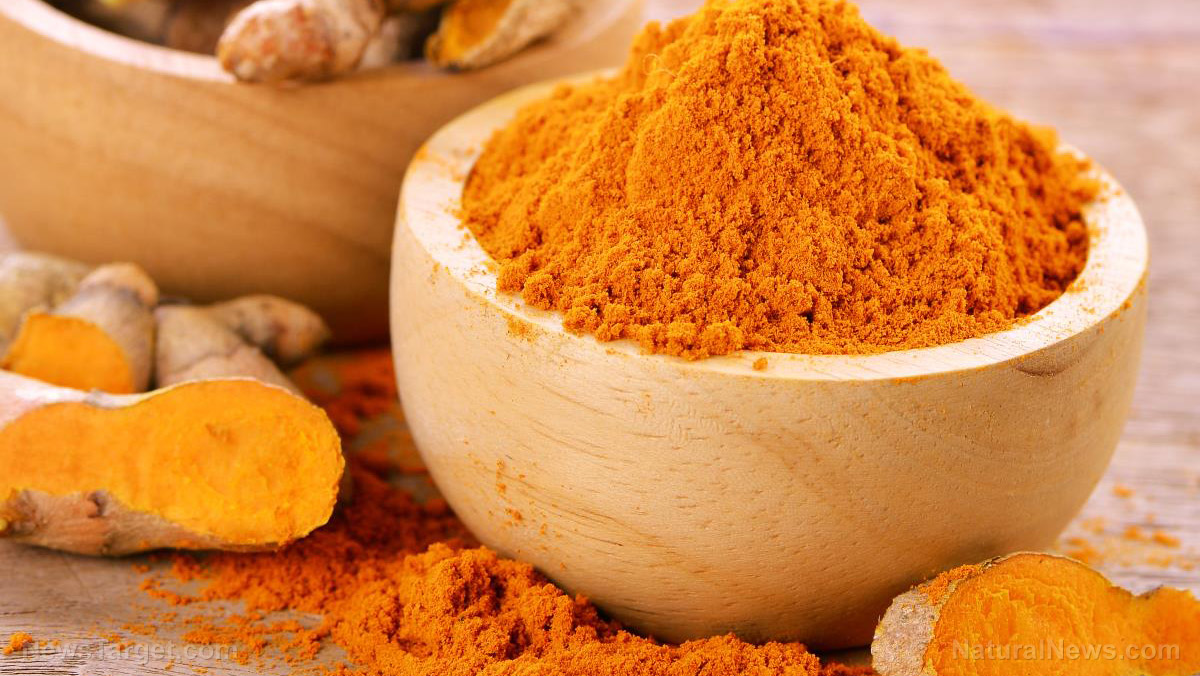03/08/2018 / By Michelle Simmons
The antioxidant properties of bakery products can be increased by adding unrefined pumpkin seed oil, according to a study published in the journal Agronomy Research.
The researchers from St. Petersburg Polytechnic University of Peter the Great examined the fatty acid compositions and biologically active components found in vegetable oils such as unrefined rice bran oil, unrefined pumpkin seed oil, and refined and deodorized sunflower oil. They assessed the antioxidant properties of the vegetable oils according to the different factors, such as the formation of the primary and secondary oxidation products; and the oxidation coefficient, which can be identified in the process of applying thermal treatment, resulting in vitamin E being destroyed. However, the resistance to the thermal oxidation process of the vegetable oils were affected due to their biochemical composition. The bakery products used in the study were made from wheat flour dough and were added with four percent of the corresponding vegetable oil and five percent sugar. The products were baked at two temperatures – at 200 C and at 220 C. The researchers looked at the antioxidant activity of the baked goods through chemiluminescence and through DPPH radical assay.
The findings of the study revealed that the vegetable oils increased the antioxidant activity in bakery products. The greatest increase in antioxidant activity was observed in baked goods added with pumpkin seed oil, followed by those with rice bran oil, and those with sunflower oil. In addition, the researchers observed that the total antioxidant activity was higher in the crumbs compared to the crust. Furthermore, the antioxidant activity increased as the baking temperature decreased. This effect was also observed in the antioxidant activity of aqueous extracts of crust and crumb in products with rice bran oil and sunflower oil as determined through chemiluminescence. On the other hand, the antioxidant activity of aqueous extracts in baked goods with pumpkin seed oil was found to be higher in the crust than in the crumb.
Benefits of pumpkin seed oil
Pumpkin seed oil can be taken in a liquid or concentrated pill form, which can be bought from health stores. Pumpkin seed oil is said to provide various health benefits. Listed below are some of them.
- Urinary health – Pumpkin oil is said to strengthen the muscles that support the bladder and relieve bladder irritation, which reduces incontinence.
- Prostate health – Studies show that this oil can prevent the enlargement of prostate, which is a major health problem for men older than 60 years old. In addition, it was found to reverse enlargement in men who were already suffering from an enlarged prostate.
- Hair health – A phytochemical in pumpkin oil called beta-Sitosterol was discovered to block the conversion of testosterone into dihydrotestosterone (DHT), which is linked to male pattern baldness and hair loss in women. Moreover, pumpkin seed oil also contains delta-7-sterol which prevents DHT through a different mechanism. Thus, pumpkin oil is believed to be a good treatment for hair loss. (Related: What is DHT and How to Reduce it Naturally?)
- Digestive health – Pumpkin seed oil contains high fatty acid which balances out excess inflammation in the digestive tract. This in turn helps ease uncomfortable and embarrassing symptoms associated with an unhealthy gastrointestinal tract.
- Heart health – Pumpkin seed oil is an unsaturated fat, which means that it is a good kind of fat. This oil has high levels of phytosterols which are said to help reduce LDL cholesterol by lowering its absorption when taken with a meal containing cholesterol.
If you’d like to read more news stories and studies about phytonutrients, you may go to Phytonutrients.news.
Sources include:
Agronomy.emu.ee[PDF]
ActivationProducts.com
Healthline.com
Receive Our Free Email Newsletter
Get independent news alerts on natural cures, food lab tests, cannabis medicine, science, robotics, drones, privacy and more.


